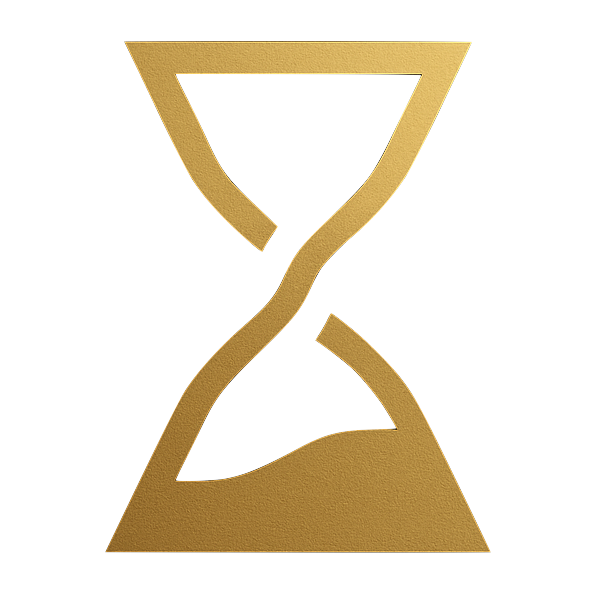What to know more about the crypto market in a non-technical way? Enrol in:
Latest from our blog
Disclaimer:
This content is for informational purposes only and does not constitute financial, investment, or legal advice. Cryptocurrency investments are highly volatile and carry significant risks. Always do your own research and consult with a qualified advisor before making any investment decisions. We do not guarantee the accuracy or completeness of any information provided. Past performance is not indicative of future results.


